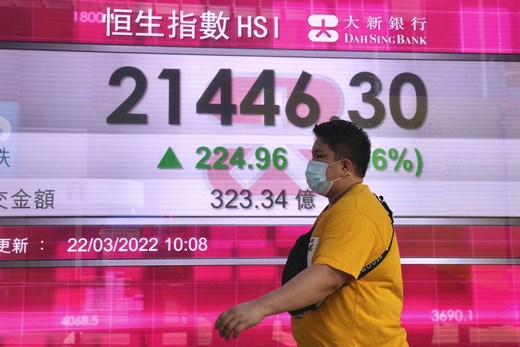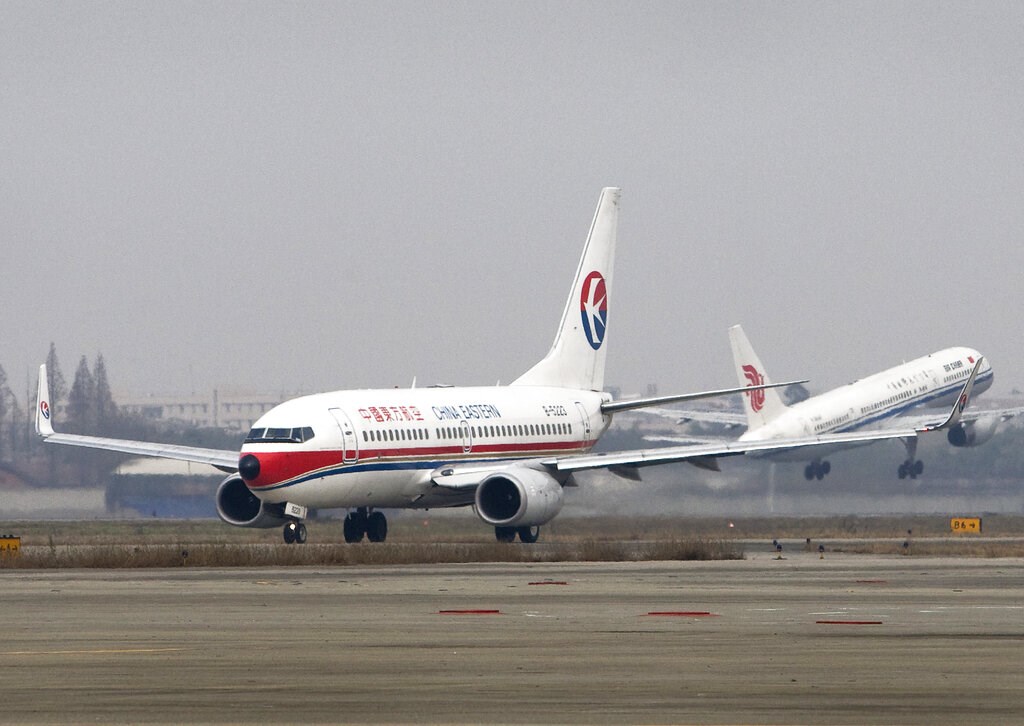Kate Lin: Welcome to Morningstar. After a nine-month freeze, China has resumed license approval for video games, much to the relief of game developers like Tencent (00700) and NetEase (09999). What is the outlook for video game stocks? We have Ivan Su, Senior Equity Analyst at Morningstar, with us today to discuss this.
Hi, Ivan. Tell us the implication of the government relaxing its grip on the domestic video game sector.
Ivan Su: Hello, Kate. This move is surely a welcome news for investors in the Chinese internet space. I think it sends really a much-needed message to the world's biggest gaming market here. The message is that the Chinese government is still committed to maintaining a vibrant domestic video game sector. Looking back, when the government first stopped issuing these new licenses, they didn't provide investors a reason to why they did it. And the lack of such official explanation has led to various rumors such as that the government could potentially be considering an education like crackdown on the video game sector. And we think this month's license resumption has effectively put all these negative rumors to a rest.
Video game is an almost US$50 billion industry in China. And also, keep in mind that since gaming is a high-margin cash cow business, companies like Tencent relies heavily on this revenue stream to fund their other early-stage investment initiatives. Since gaming is such an important income stream for many Chinese internet companies like Tencent, the development on April 11 also brings a much-needed relief to a sector that has been badly shaken by regulations.
Lin: Right. But in this first batch of licenses, what we noticed was that the authorities approved 45 games but not titles owned by bigger developers like Tencent, NetEase or CMGE. So, why is that? And what does it mean for bigger names that you cover?
Su: Yeah, you're right. But we're not concerned about not seeing leading developers' names on the first batch of release. Just like in 2018, the priority was given to small publishers, many of which are struggling to keep their businesses afloat during the past nine months of licensing freeze. So, we expect large publishers like Tencent and NetEase to start receiving their license approval in the next couple of months. So, we are not concerned about not seeing their names in the first batch of release. We think that over the next few months, their names will appear.
Lin: So, all in all, which game developers do you think have a more exciting game launch lineup and business strategy?
Su: Diablo Immortal, which is a game published by NetEase, that's probably the most anticipated game right now. The game was first unveiled in 2018 and is finally set to come out in the first half of 2022. NetEase also is our best ideas top pick. And we like it because their management is truly passionate about games, and they are dedicated to investing into long cycle games. Not many gaming companies in China can afford spending several years to craft a game, not to mention spending almost two decades finetuning them. And these are some of the things that we saw NetEase doing, and this is one of the reasons why we like the company a lot.
Lin: Right. Thank you so much, Ivan. For Morningstar, I'm Kate Lin.











.png)




.jpg)





